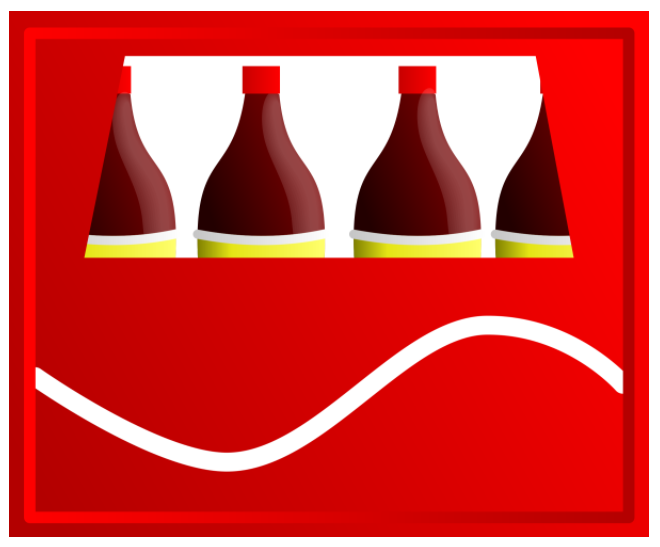"I truly regret those men/all men who have died in the futility of the war
because in their deaths I must comprehend our future."*
(Kienholz)
The American artist Edward Kienholz (1927-1994) created The Portable War Memorial in 1968 as a universal anti-war memorial. Like a book, this piece of art is meant to be read from left to right. On the left, we see a group of soldiers with helmets (but without heads) who heroically conquer a dining table. A blackboard tombstone in the background contains the chalk-written names of 475 independent countries that no longer exist. On the right, there is a diner with more tables where hotdogs and chili may be served, and a Coke dispenser in the background.
Mrs Bieniek's Year 11 art course analysed Kienholz's critique of militarism, propagandism and consumerism. In the following haiku poems the students give their impressions in no more than 10 words.

Forgotten
Dark, grey
People lost forever
Alone in the city
War
(Nico)

American
grey, silent
portable war memorial
everywhere in the world
pride
(Piet)

Contrasting
So unrelatable?
Stars and stripes
Between hotdogs and vending machines
Multidimensional
(Paul)

Broken
Interrupting daily routine
Soldiers and civilians
In an ordinary setting
Lost
(Tobias)

Contrasting
Strange, normal
War and daily routine
Battle in contrast to daily life
Connecting
(Jan)

Connected
Not interested
People eating fast food
Connecting war and daily life
Confused
(Max)

Patriotic
Daily defence
Without any emotions
Whoever attacks the USA
Destroy
(Felix)

Colourless
Proud, happy
Portable war memorial
Wherever you want it
Memory
(Contanza)
* Kristine Stiles,Peter Howard Selz, Theories and Documents of Contemporary Art: A Sourcebook of Artists' Writings, p. 514
Illustration: Open Clipart , 2010
